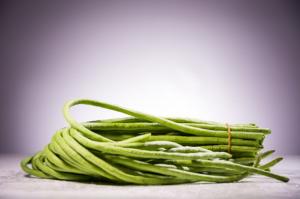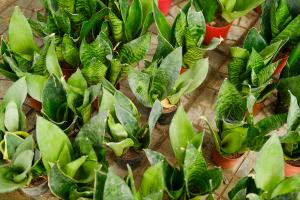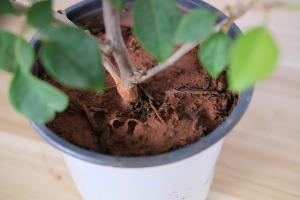Can You Pot Indoor Plants with Soil from Garden?
If you're a gardening enthusiast, you may be wondering if you can use soil from your garden to pot indoor plants. Although it may seem like a convenient option, there are some things to consider before doing so.
1. The Soil Might Contain Pests or Diseases
When using garden soil for indoor plants, there's a chance that pests or diseases may come along with it. There could be eggs, larvae or even adult insects in the soil that can harm your indoor plants. Similarly, the soil could contain fungal spores, bacteria or viruses that can infect your plant. These can be difficult to get rid of and can cause long-term damage to your indoor plant.
2. Garden Soil Might Not Be the Best Choice for Indoor Potted Plants
Garden soil is usually dense and heavy, which may not be the best choice for indoor plants. Indoor plants need soil that drains well, allowing air to circulate around the roots of the plant. Heavy soil can cause water to collect around the roots, leading to root rot and other issues. A better option is to use a potting mix designed specifically for indoor plants, which will be lighter and more suitable for their needs.
3. Garden Soil May Not Be Sterilized
Garden soil is often not sterilized, which can lead to problems when using it indoors. While outdoor plants are exposed to various microorganisms, indoor plants are not - and they may have trouble dealing with microorganisms in the soil. The soil can introduce unwanted microorganisms into the indoor environment, which can cause problems for people with allergies or respiratory issues. In contrast, commercial potting mixes are treated to eliminate microorganisms prior to sale, making them safer for indoor use.
4. Garden Soil Can Be Difficult to Manage Indoors
When using garden soil for indoor plants, you may find that it's difficult to manage. Garden soil requires frequent watering, and it's often difficult to tell when it needs watering. In addition, garden soil can compact over time, which can make it difficult for the roots of indoor plants to grow. Using a potting mix designed for indoor plants can be more manageable, as it will have added features such as moisture retention that help ensure the best possible growing conditions for your indoor plants.
Conclusion
While it may be tempting to use garden soil to pot indoor plants, it's not the best choice. Garden soil may contain pests, diseases, and microorganisms that can harm your indoor plants. Additionally, garden soil is often too heavy for indoor plants and can be difficult to manage. A better option is to use a potting mix designed for indoor plants, which is lighter, cleaner, and more suited to the specific needs of indoor plants.

 how many times do yo...
how many times do yo... how many planted tre...
how many planted tre... how many pine trees ...
how many pine trees ... how many pecan trees...
how many pecan trees... how many plants comp...
how many plants comp... how many plants can ...
how many plants can ... how many plants and ...
how many plants and ... how many pepper plan...
how many pepper plan...
































